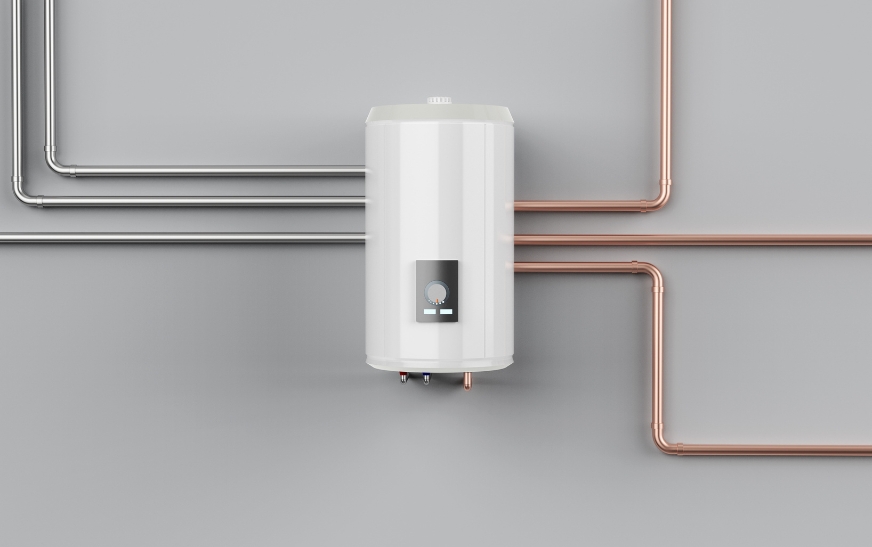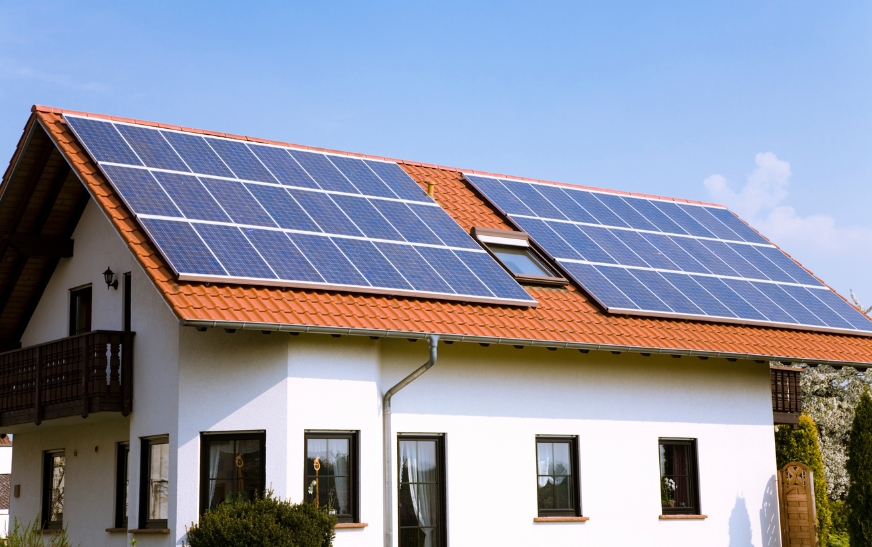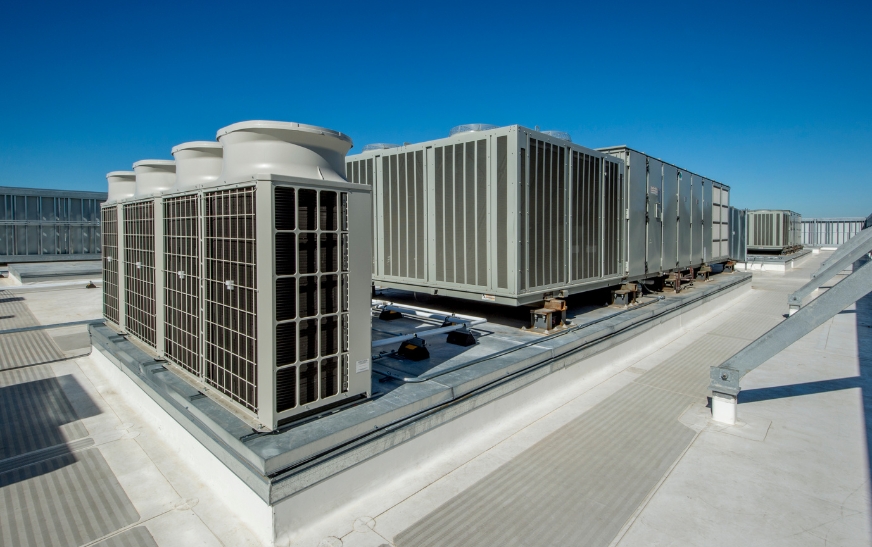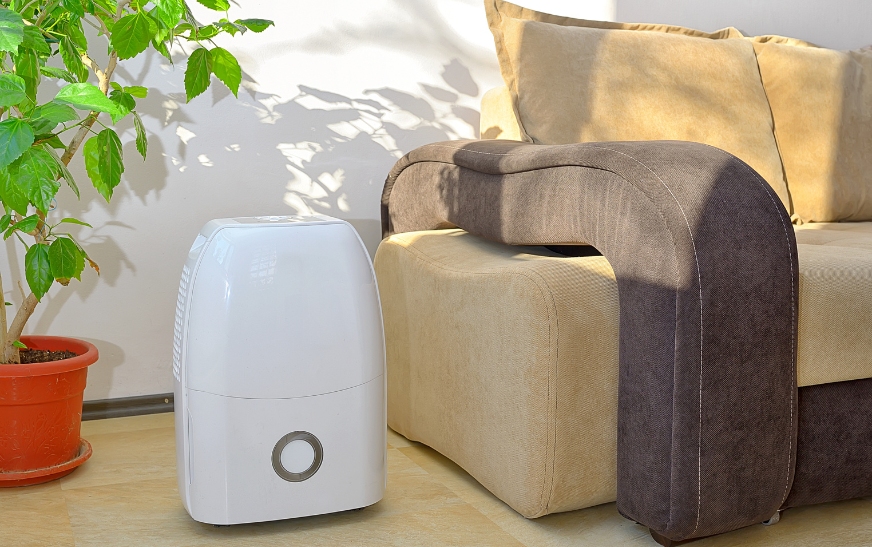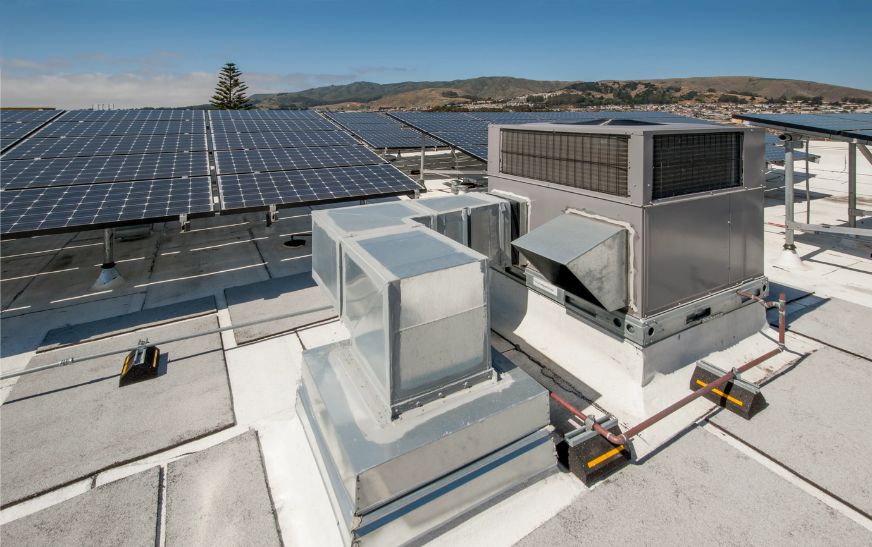Energy Bills Are Slowly Creeping Up
Let’s be honest—your boiler probably doesn’t get the attention it deserves. It quietly powers through every winter, delivering heat without fuss… until one day it doesn’t. And when that happens, it’s never convenient. A freezing morning. A packed holiday weekend. Suddenly, you’re stuck calling for furnace repair services when you least expect it.
Here’s the thing—boilers usually don’t fail without warning. They give signs. Subtle ones at first, then louder. And if you catch those early, you can avoid the discomfort, the emergency calls, and the wallet shock. If you’ve been wondering whether it’s time to upgrade your heating system, here’s what you should be paying attention to.
Your Energy Bills Are Slowly Creeping Up
It starts small—maybe you barely notice it. But then it becomes a pattern. Your heating bill keeps climbing even though your usage hasn’t changed. You’re not blasting the heat or living with windows open. So what’s going on?
Old boilers lose efficiency over time. Parts wear out. Systems get sluggish. Your boiler starts working harder just to keep your home warm. That added strain translates directly to your monthly utility bills.
If this sounds familiar, it’s worth looking into a newer, energy-efficient HVAC setup. Today’s models aren’t just built to last—they’re designed to save you money over the long run. Pairing your system with smart thermostats gives you even more control, helping you avoid wasteful heating and unnecessary costs.
It’s Needing Repairs Way Too Often
A tune-up now and then is normal. But if your boiler has turned into a regular guest star on your home maintenance list, something’s off. Replacing valves, flushing out the system, chasing down leaks—it adds up fast. And those repair bills aren’t always small.
Eventually, there comes a point where constant HVAC repair no longer makes sense. The smarter move? Looking into a full HVAC installation. Yes, the upfront cost is higher, but it pays off in reliability, performance, and peace of mind. Not to mention fewer calls to your technician.
Use this as your tipping point: if you’re paying hundreds each season to patch up your old unit, it’s probably time to start fresh.
Your Home Is Heating Unevenly
One room feels like a sauna while another could store meat. Sound familiar? Uneven heating is often a red flag that your boiler can’t keep up anymore. It might be struggling to push heat evenly through the system or failing to maintain proper pressure throughout your home.
Sure, you could tinker with the thermostat all day long, but that’s just masking the problem. Instead, consider whether your setup is even suited to your home’s current size or layout. In some cases, switching to a ductless mini-split system might be more efficient, especially if you’ve expanded your living space or added rooms over the years.
A modern HVAC system with zoned controls or mini-splits can heat specific areas as needed, offering comfort without compromise. And yes, the ductless mini-split installation cost is typically less than reworking an entire duct system from scratch.
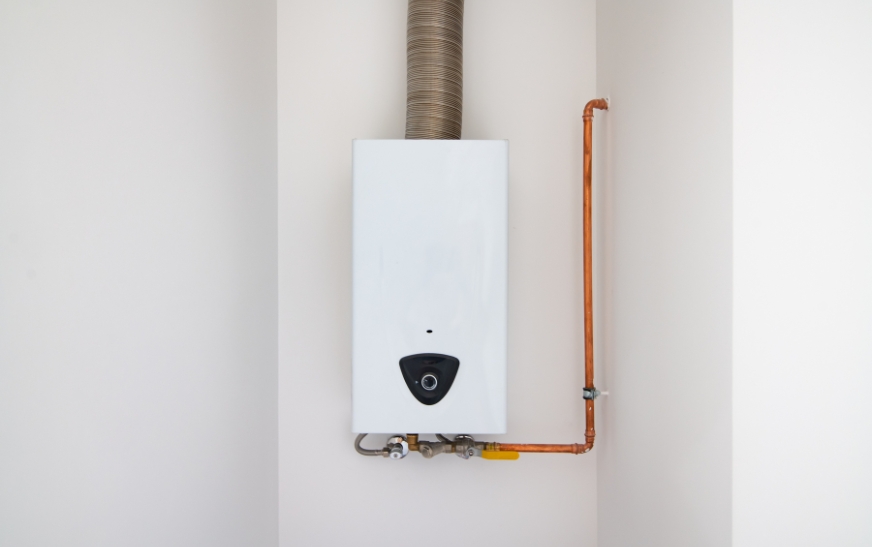
Home Is Heating Unevenly?
It’s Getting Noisy—And Not in a Good Way
You know your boiler’s usual hum. So when it starts clicking, banging, or whistling, that’s your system waving a red flag. Those sounds often signal buildup inside the boiler, pressure irregularities, or components wearing out.
If these noises have become part of your daily soundtrack, it’s not just annoying—it could mean serious problems are around the corner. Don’t wait until it stops working entirely. Reach out to licensed HVAC contractors and have them inspect the system before you’re justifyin the cold.
Pro tip: Searching online for “Find an HVAC contractor in [City]” is a quick way to get a list of local professionals who can assess your system and give you realistic options.
It’s Just… Old
Sometimes, it really is just about age. Most boilers have a lifespan of around 10–15 years. After that, their efficiency drops, parts become harder to find, and the chances of failure increase significantly.
Even if it’s technically working, an older system is probably costing you more than it should, in energy, repairs, and convenience. Replacing it with a newer energy-efficient HVAC system for [climate] ensures you’re set up for better comfort, performance, and long-term savings.
Plus, now is the perfect time to upgrade your controls. A quick smart thermostat setup not only gives you remote access to your system—it helps track usage, optimize settings, and even learn your schedule. The smart thermostat benefits go well beyond comfort—they actively help you reduce your energy waste.
What to Consider When Replacing
Before you make a decision, it’s important to understand what you’re getting into. Ask yourself:
- Do you need zoning for multiple floors or rooms?
- Are you looking for centralized air or interested in ductless mini-splits?
- What incentives, rebates, or tax credits are available for energy-efficient upgrades?
- What’s the cost of AC installation for a [Size] house if you’re switching systems entirely?
Also, ask your technician for a copy of an HVAC maintenance checklist. Having one on hand makes it easier to keep your new system running smoothly and catch small issues before they become expensive.
If you’re handy, explore DIY HVAC maintenance tips too—but leave the serious stuff to the pros. Regular inspections and seasonal check-ups go a long way in extending your system’s lifespan.
Conclusion
Your boiler doesn’t have to fail dramatically to justify replacing it. The smartest homeowners act before things fall apart. Whether it’s rising bills, inconsistent heat, constant repairs, or just the age of your system, the signs are there. You just have to listen.
Investing in a new HVAC installation or switching to a ductless mini-split might feel like a big step, but it can lead to better comfort, lower energy bills, and fewer breakdowns. If your boiler’s been giving off warning signs, now’s the time to take control and give your home the upgrade it deserves.

